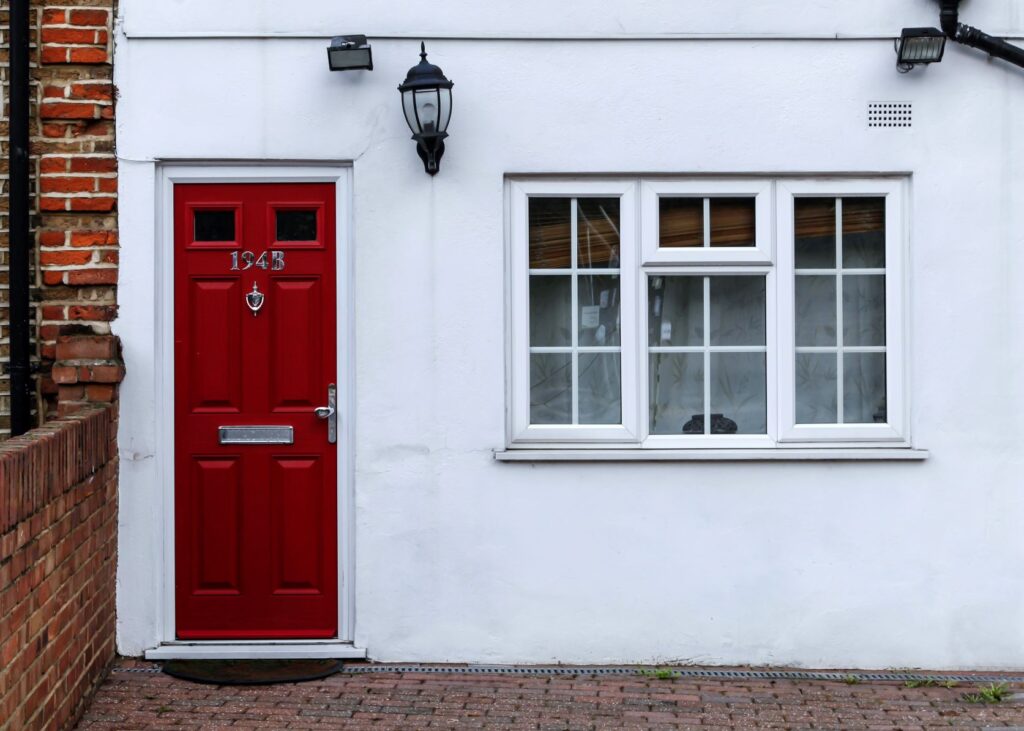
Following the shock announcement in the Autumn statement that letting agents fees would be banned, many expressed growing levels of concern that the government is launching a sustained attack against buy-to-let landlords and lettings agents.
The Chancellor of the Exchequer, Philip Hammond, announced a ban on fees charged to tenants which had become an important part of the business for letting agents. Tenant groups applauded the move, but shares in many major estate agents suffered.
It is perhaps true that this is the move of an opportunist government seeking quick victories under enormous economic pressure post-Brexit, but there is still plenty of positive news around as the year draws to a close.
House building numbers are up
According to figures from the Department for Communities and Local Government, 189,650 dwellings were completed in England in the financial year ending March 2016, up 11% on the year before.
This is the highest number of new dwellings since the 2008 financial crash slashed construction, but still means the government will miss its target of building a million homes by 2020.
Statistics on the supply of affordable housing, however, paint a worrying picture for current tenants: the government’s figures show that affordable housing delivery was 52% lower in 2015-16 compared with the previous year. So, despite building more homes, the homes are selling at market rate and going to people who are managing quite comfortably rather than people struggling to buy.
This, conversely, is good news for landlords in the Private Rented Sector (PRS) as a reduced supply of affordable homes means higher demand for rental property. Consequently, rents and property prices are driven upwards.
House prices grow amid government policy backfiring
The Buy to Let Britain Report from Kent Reliance found that landlords were restructuring their portfolios to escape higher taxes on their rental income, a measure which will be phased in from April 2017. Some landlords have set up limited companies while others have increased rents, thereby having the opposite effect to that desired when the policy was announced.
The report also found that the average rent in the UK has hit a record high of £881 a month, and landlords have indicated that they intended to raise prices further in the future by an average of 5.4% – the equivalent of £571 a year per household.
It also revealed strong house price growth has pushed the value of rented accommodation in the UK up to approximately £1.3tn, an increase of 16% over the year to September.
So while landlords are able to safeguard themselves against irresponsible government policy, it has hit tenants the hardest as rents continue to rise. In addition, landlords also enjoyed the unexpected bonus of the policy driving house prices up as demand continues to soar.
London house prices are heading for a 20% fall
While this is, admittedly, shocking news for landlords in the capital, landlords in the Northern Powerhouse regions can take positives from this fall.
As young professionals and workers flood out of the capital towards Manchester, Liverpool and Leeds, house prices and demand in these cities is soaring.
A report released by Germany’s Deutsche Bank estimates that buy-to-let landlords could flee the capital after being hit the hardest by the new tax rules introduced by the former Chancellor, George Osborne MP.
This is only good news for the Northern cities which can provide excellent capital gains and high, reliable rental yields for investors looking for an alternative.
As 2017 approaches it’s fair to see that PRS has met and overcome some challenged and there are numerous reasons for landlords to be positive.




